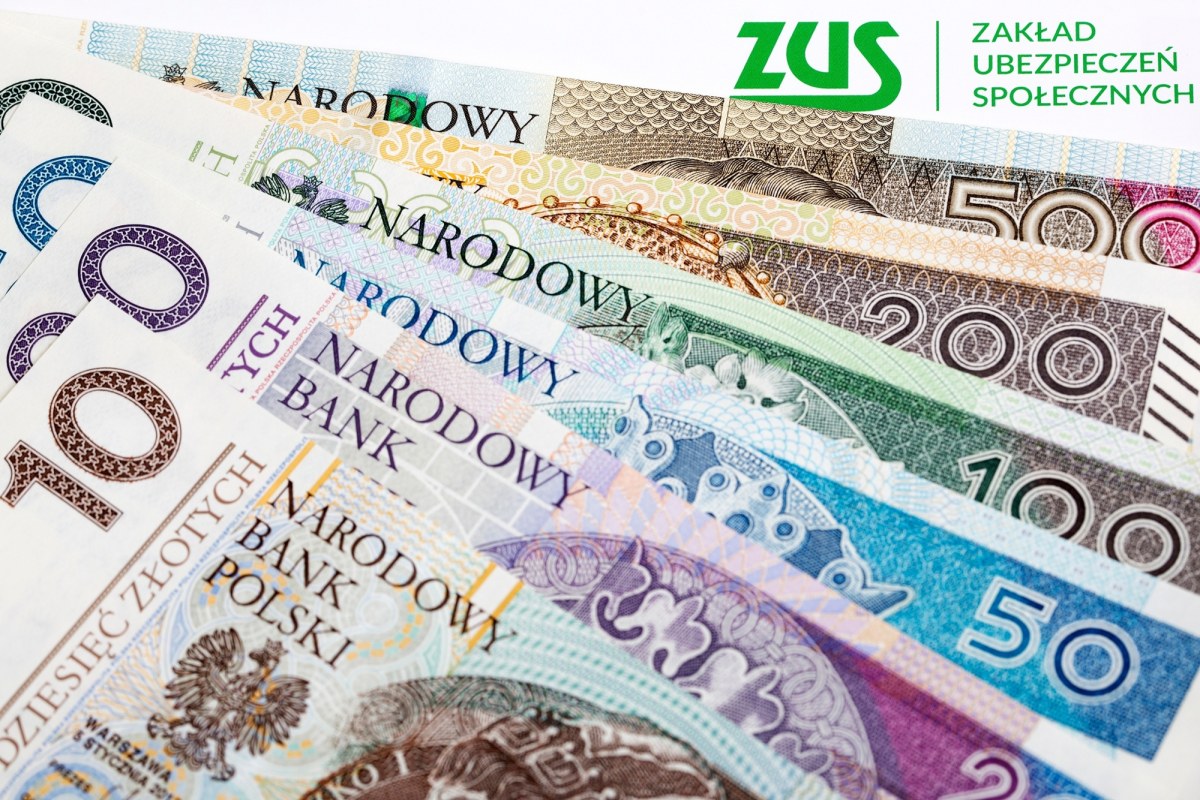
Negative turns into actions, tries to reverse all processes, negate the course of history. Among the economical achievements of the United Right governments are besides those that have gained support from a large part of society and designation internationally. In order to negate and nullify them, they must be ridiculed and slandered in the eyes of society. Who can aid better than a station that floats the full fact around the clock? And this station just announced late that as part of the Orlen merger, he bought Lotos at an artificially low price. Who lost it? According to the station, of course shareholders, i.e. owners, including the Treasury. And we have already prepared social ground for any resolution (because it is not the Act ....) about the annulment of the Lotus merger with Orlen.
You can blindly believe in specified news, or you can make your own independent opinion by analyzing the basic economical data available on the Internet. Let's start by reminding that before the merger the Treasury had only 27% of the shares in Orlenia, i.e. it did not have full ownership control over the strategical company for the country's energy security. After the merger of Orlen with Lotos and later with PGNiG, not only a strong multi-energy company was created, but besides the Treasury regained control of Orlen, which in itself represents an invaluable value.
But let's decision on to the basic charge, the price of Lotus sales. The station telling the fact is trying to show that the book value of the consolidated net assets of Lotos was higher than the amount for which the company was sold. Only that the real marketplace value of the company is not determined by its book value but by the marketplace valuation of the company, which for public companies is reflected by the share price. So how does the real value of Lotus shares calculated by the station amount to PLN 128? Let's take a look at the illustration showing the number of Lotus shares on the Warsaw Stock Exchange:

As you can see from the chart, the value of Lotus shares has never in past come close to the price of PLN 128, but has never even exceeded the price of PLN 100 per share. After the decline in the value of the pandemic-related shares, after 2021 the stock exchange went up and the sales transaction was made on a growth wave. The last Lotus listing on the stock exchange on 28 July 2022 set the stock price at PLN 79, but the sale transaction was at PLN 82 per share, i.e. a price higher by PLN 3, i.e. by 3.8 % from the actual marketplace value at the time of the sale. This was undisputed to the shareholders of Lotos who agreed to this transaction at the shareholders meeting. Apart from the Treasury, Lotos' shareholders were large companies and large stock marketplace investors from all over the world. Have these investors succumbed to Daniel Obietek's "personal charm" or were they complete diletants, agreeing to sale their property at an artificially low price?
A station preaching the full fact around the clock creating social ground under the withdrawal of the Lotus-Orlen merger entered very slippery ground. due to the fact that if we're talking about the price of Lotus shares, let's look again at the Lotus quote chart, but now let's look at the company's stock prices between 2008 and 2012. Why at this time? In the illustration below, I have highlighted 3 crucial points:

The ‘A’ point indicates the date of sale by the State Treasury of 10% of the Lotus shares. This happened on January 22, 2010, so during the Po-PSL rule, erstwhile Donald Tusk was Prime Minister. These shares were sold after PLN 29 even though the rate of the erstwhile day at the closing of the quotations was PLN 31.2. Thus, the shares were sold with a discount of almost 6.5%, at a price lower by PLN 2.1 than the current marketplace value. As explained by the then-ministers to the government of “experts”, investors “They were expectingSoon stock marketplace adjustments” and “Given how large a package the Treasury Minister sold, he had to offer a full discount on prices market’. As you can see from the illustration presented, there was no adjustment on the stock exchange and the Lotus stock exchange rate increased over the following months, showing the real failure of the State Treasury on this transaction. After all, in 2022 a much larger share of Lotus was sold, there was a real hazard of correction on the stock marketplace due to the large dependence of the company on Russian oil and yet, the price of Lotus shares was set without discount, moreover, above the marketplace price of the last stock exchange listing. But that was in the regulation of the United Right.
Now let's look at the "B" and "C" points on the graph above. The "B" point means the beginning of July 2011, erstwhile the Lotus share price was 44 PLN, while the "C" point was 20 December 2011, erstwhile the price fell to 23.25 PLN. What happened in Polish politics at the time? In 2011, the PO-PSL government sought full privatisation of Lotus, which is the sale of the majority stake owned by the Treasury. As of mid-2011, the government intensified the search for a lotus buyer and from that point on the stock price began to drop rapidly. On October 18, 2011, the government selected 3 companies, which were allowed until the final phase of the negotiations. The shareholder of all 3 possible Lotus buyers was Russian capital. On the day of the selection of 3 possible investors (18.10.2011) the share price was already only PLN 27. The PO-PSL government set the final date for the transaction on 16 November extending it later on 20 December 2011. And on that day, erstwhile Lotos was to be sold to 1 of the 3 companies dependent on Russian capital, the price of Lotus shares reached 23.25 PLN, the lowest in 3 years.
However, the transaction did not occur. The Sejm received a civic draft of the Act on State preservation of the majority holding of Lotos S.A. Group shares. Despite the force from Donald Tusk, who claimed that “the task is financially irresponsible and unacceptable” on March 2, 2012, the Sejm directed the draft to the Treasury Committee. In this key vote, respective Members of the governing PO-PSL coalition were missing in the parliamentary hall, which yet saved Lotos from selling Russian capital by 219 votes to 215.
alternatively of listening to a station that tells the full fact circular the clock, it is worth answering itself the key question: what was better for Poland: selling Lotus to Polish Orlen for a price of PLN 82 per share, or selling Lotus to Russians for a price of PLN 23.25 per share. individual may say that these prices cannot be compared, that the merger took place in 2022 and sales to the Russians were to take place at the turn of 2011 and 2012. So I propose you look again at the first illustration shown at the beginning of this column. It can be seen that during the regulation of the PO-PSL the value of Lotus shares continued to oscillate at a low level, and since 2016, after the United Right took power, it has grown rapidly. Only the external origin of the pandemic caused a short-term decrease in the value of Lotus shares, but the merger occurred on another dynamic growth. 10 years is simply a long time, but from the point of view of the economy of the state it is not a long time. But even in private terms, who wouldn't want his capital to emergence by 353% in 10 years?
So alternatively of accusing those who led to the merger of Lotus with Orlen at a share price of PLN 82, should we put before the Court of State those who wanted to sale Lotus to the Russians for a price of PLN 23.25 per share? Then all the fact will come out, hidden around the clock. All the fact about selling Lotus and all the fact about a service station.
Mr Bogdan











![Nocne prace przy zabytkowej kamienicy. Wylano blisko 150 ton betonu [ZDJĘCIA]](https://radio.lublin.pl/wp-content/uploads/2025/08/20250820_213133-2025-08-21-163220.jpg?size=md)

